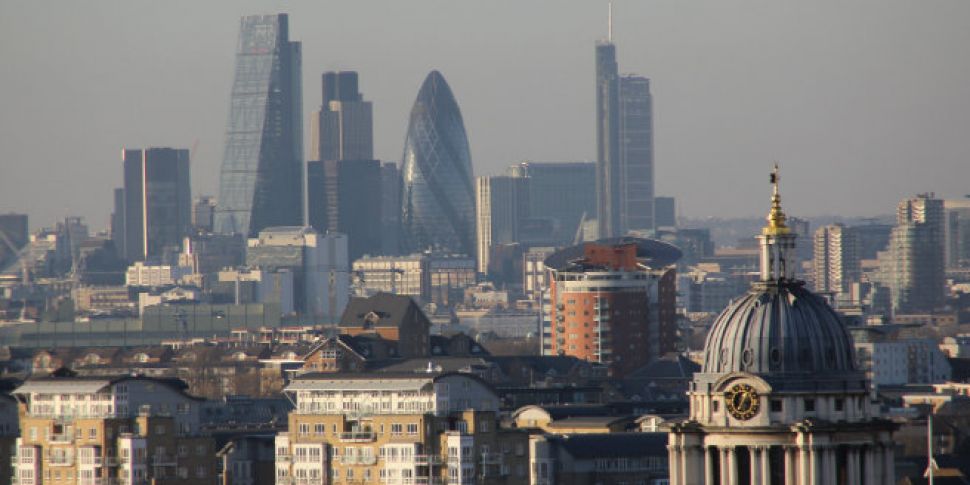Russian spy Alexander Litvinenko may have been poisoned with radioactive polonium twice, a public inquiry in Britain has heard.
Counsel to the inquiry Robin Tam QC said scientific evidence suggests a partially successful attempt to kill Mr Litvinenko was made at a meeting two weeks earlier than the encounter widely-believed to have caused his death.
Mr Tam explained that Mr Litvinenko had recalled feeling unwell at around the time of the first meeting in mid-October, 2006.
He said: "Mr Litvinenko recalled vomiting on one occasion about two or three weeks before being hospitalised.
"Hair samples that are available indicate that Mr Litvinenko may well have been poisoned twice and that the first occasion being much less severe than the second."
Mr Tam also told the inquiry traces of radioactive chemical polonium were found in "large numbers of places across London" at the time of Mr Litvinenko's death.
"Many thousands of members of the public, including British residents and visitors from overseas, might have been at risk from radioactivity," he said.
Sir Robert Owen opened a hearing into the British citizen's death by recounting some of the key events he will consider - saying they raised issues of the "utmost gravity," including state-sponsored assassination.
Mr Litvinenko, 43, died in hospital nearly three weeks after drinking tea laced with radioactive polonium-210 while meeting two Russian men - one a former KGB officer - at the Millennium Hotel in London's Grosvenor Square.
Former KGB bodyguard Andrei Lugovoi and Dmitri Kovtun have been identified as the prime suspects in the killing, but both deny any involvement and remain in Russia, the inquiry heard.
The inquiry was told that traces of "alpha radiation" had been found in Mr Lugovoi's hotel room following the final meeting at the Millennium, but there was none on buses that Mr Litvinenko had used to get there.
As the inquiry got under way, Mr Litvinenko's widow Marina told Sky News she wants closure for her and her son Anatoly and also wants to put an end to the conspiracy theories surrounding the crime.
Sir Robert said a "prima facie case" as to the culpability of the Russian state in Mr Litvinenko's death had been established by sensitive evidence.
He said both Mr Lugovoi and Mr Kovtun have been invited to give evidence via video link from Russia, adding it was an "invitation I hope will be accepted".
Shortly before he died, Mr Litvinenko also implicated Russian President Vladimir Putin of being behind his poisoning in a statement.
He said: "As I lie here I can distinctly hear the beating of wings of the angel of death.
"You may succeed in silencing one man but the howl of protest from around the world will reverberate, Mr Putin, in your ears for the rest of your life.
"May God forgive you for what you have done, not only to me but to beloved Russia and its people."
Mr Tam said many theories have been put forward about what happened to Mr Litvinenko, including that he was killed but also that he accidentally poisoned himself when handling the radioactive substance as part of a smuggling deal.
It has also been suggested that Mr Litvinenko committed suicide, Mr Tam said.
Giving the background to the case, Sir Robert said Home Secretary Theresa May wrote to him in July 2013 informing him that the Government had decided not to hold an inquiry at that time.
He said: "Her decision was challenged in a claim brought on behalf of Marina and Anatoly Litvinenko (his wife and son) and was quashed in a judgment of the divisional court dated February 11 2014.
"In short, I will carry out a full and independent inquiry into the circumstances of the death of Alexander Litvinenko."
Court 73, where the 10-week inquiry is taking place, was read a written statement in which Mr Lugovoi denied killing Mr Litvinenko.









